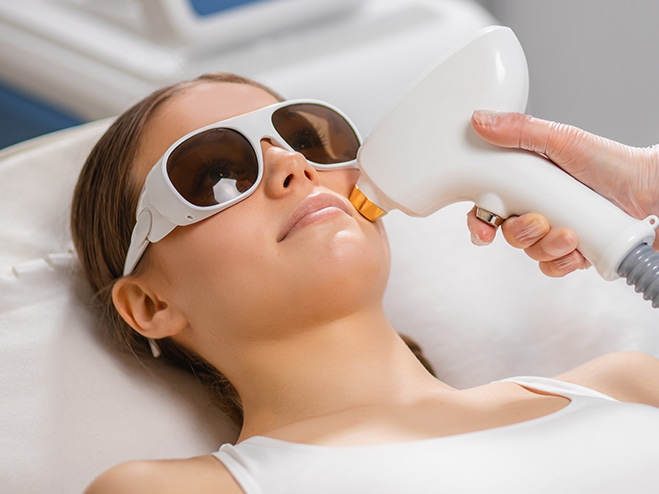As the chilly winds of winter sweep in, many individuals find themselves battling uncomfortable skin conditions exacerbated by the cold, dry air. Eczema, in particular, tends to flare up during colder months, leaving individuals with itchy, irritated, dry, and scaly skin. However, effective management and timely intervention can alleviate symptoms and prevent worsening of these conditions. In this article, we’ll explore strategies for treating eczema and other skin conditions during cold weather, as well as when it’s necessary to seek medical attention.
Understanding Eczema and Other Skin Conditions: Eczema, also known as atopic dermatitis, is a chronic inflammatory skin condition characterized by red, itchy patches of skin that can become cracked, blistered, and scaly. Cold weather exacerbates eczema symptoms due to the drop in humidity levels, which leads to increased dryness and irritation of the skin. Similarly, conditions like psoriasis, seborrheic dermatitis, and xerosis (dry skin) are also aggravated by winter weather, causing discomfort and distress to affected individuals.
Treatment Strategies for Cold Weather Skin Conditions:
- Moisturize Regularly: The cornerstone of managing eczema and other skin conditions during cold weather is adequate moisturization. Opt for thick, emollient-rich moisturizers that create a protective barrier on the skin and prevent moisture loss. Apply moisturizer immediately after bathing to lock in moisture.
- Use Humidifiers: Combat the dry indoor air caused by heating systems by using humidifiers in your home. Humidifiers help maintain optimal humidity levels, preventing excessive drying of the skin.
- Avoid Harsh Soaps and Detergents: Opt for gentle, fragrance-free cleansers and laundry detergents to avoid further irritation of sensitive skin. Harsh chemicals and fragrances can exacerbate eczema symptoms and strip the skin of its natural oils.
- Dress in Layers: Layering clothing helps regulate body temperature and prevents overheating, which can trigger eczema flares. Choose soft, breathable fabrics like cotton and avoid rough or scratchy materials that can irritate the skin.
- Limit Hot Baths and Showers: While tempting during cold weather, hot water can strip the skin of its natural oils and exacerbate dryness and irritation. Opt for lukewarm water and limit bath or shower time to no more than 10 minutes.
- Avoid Scratching: Although itchy skin can be difficult to resist, scratching can further damage the skin barrier and worsen eczema symptoms. Keep nails short and use gentle tapping or patting motions to relieve itching instead of scratching.
- Apply Topical Steroids and Anti-inflammatory Creams: For moderate to severe eczema flare-ups, topical corticosteroids and anti-inflammatory creams prescribed by a dermatologist can provide relief and reduce inflammation.
- Seek Medical Advice: If home remedies and over-the-counter treatments fail to improve your symptoms or if your condition worsens, seek medical advice promptly. A dermatologist can assess your condition and recommend appropriate treatment options tailored to your specific needs.
When to See a Doctor: While mild eczema flare-ups can often be managed with home remedies, certain signs and symptoms warrant prompt medical attention:
- Severe itching that disrupts sleep or daily activities.
- Open sores or signs of infection, such as oozing, crusting, or pus.
- Rapid worsening of symptoms despite home treatment.
- Signs of an allergic reaction, such as swelling, redness, or difficulty breathing.
Cold weather can exacerbate eczema and other skin conditions, causing discomfort and distress to affected individuals. However, with proper management and timely intervention, it is possible to alleviate symptoms and prevent worsening of these conditions. By following the strategies outlined in this article and seeking medical advice when necessary, individuals can effectively manage their skin health during the colder months and enjoy greater comfort and relief from symptoms.

